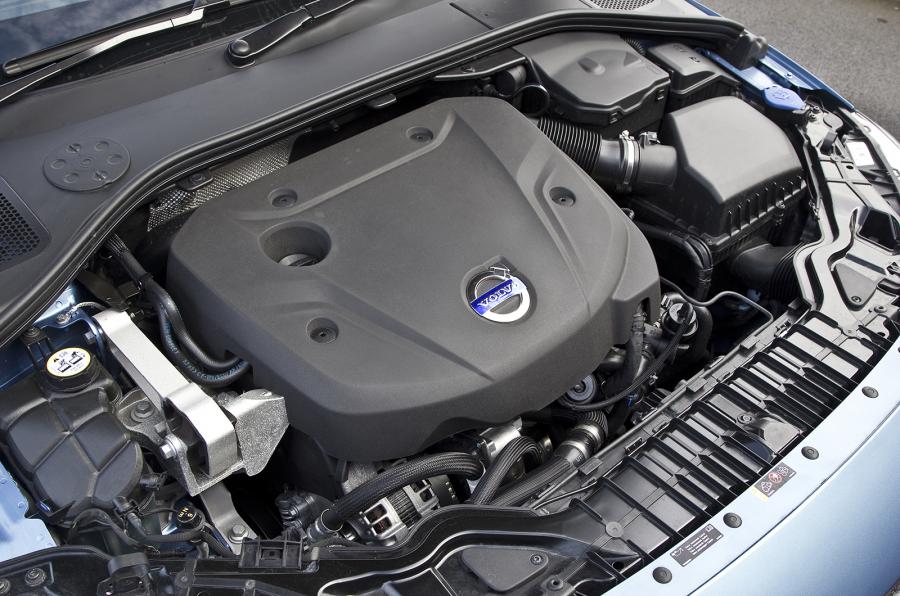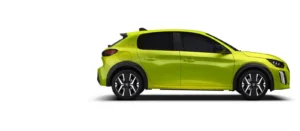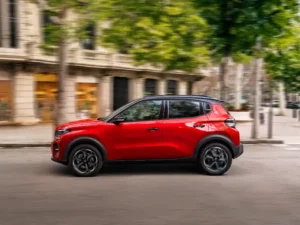All Volvo cars launching from next year will have an Electric Motor.
Volvo recently announced that all car models it introduces, starting in 2019, will either be hybrids or purely battery-powered. The decision is one of the biggest moves by a large carmaker to embrace clean energy via electrification. Significant commitments, such as Volvo’s, are becoming more and more essential in the fight against pollution, depletion of non-renewal resources and climate change. More than a century after the invention of the internal combustion engine, electric vehicles are paving a new future for the automotive industry.
The company’s chief executive and president, Håkan Samuelsson, says that Volvo’s customers have increasingly asked for electric vehicles, and he wanted to respond to current and future customers’ desires and needs by providing a portfolio of electric cars across Volvo’s model range. Volvo plans to launch five totally electric cars between 2019 and 2021. Two models will be sold under Volvo’s Polester brand, an offshoot of Volvo that is marketed as a producer of high-performance electric vehicles.
Volvo plan three versions of cars with electric power: Mild Hybrid, Plug In Hybrid and Full EVs.
By 2024, Volvo envisions completely phasing out cars powered only by gasoline or diesel, depending on demand. Samuelsson says that the diesel engine is increasing in price, regardless, so the company prefers to discuss the alternatives.
Volvo’s ongoing commitment to minimizing environmental impact and helping make future cities cleaner, is underlined by its major announcement. In addition, a main focus of the company is to reduce carbon emissions of its products, as well as its operations.
The company’s bold move could be a signal that the time for pure petrol-consuming cars is coming to an inevitable end. Tesla passed General Motors and Ford this year in enterprise value—even though it makes far fewer cars than the two auto giants—which could be an indicator of the direction investors believe the automotive industry is heading.

Most carmakers anticipate that the share of electric cars will increase rapidly as battery technology improves and gains greater market acceptance. In addition, prices of EVs are declining and public charging stations are becoming a regular feature of parking lots. Virtually all other carmakers have invested in hybrid and battery technology, though none have stated such a bold vision to extinguish the internal combustion engine from their models, like Volvo.
Another factor that will further the shift to battery power is steady advances in self-driving cars. Because it is easier to link self-driving software to an electric motor than to an internal combustion engine, this technology will encourage the advancement and production of electric vehicles.
Volvo’s Samuelsson also encourages suppliers to invest in charging stations and battery technology.
With Volvo’s progressive and forward-thinking decision to manufacture solely electric-motor vehicles from 2019 and on, the indications are clear: Electric vehicles are the next evolution in transportation modalities, environmental awareness is becoming mainstream, and the addition of charging stations at commercial and retail properties is a smart (and lucrative) investment for businesses and governments to make.




